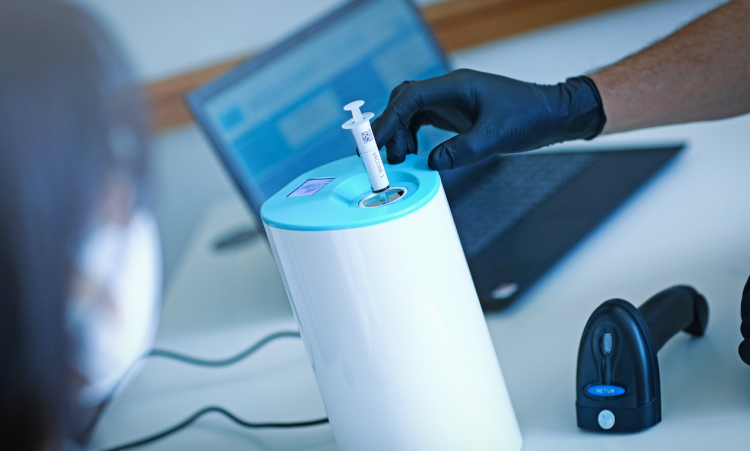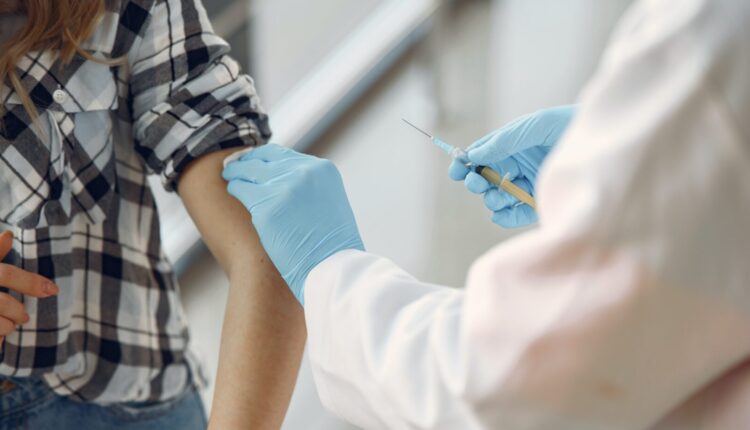Liverpool health tech firm secures US approval
A Liverpool city region firm whose technology can drastically reduce the number of accidental needle injuries in hospitals has secured US approval. Tony McDonough reports

Merseyside healthcare firm NeedleSmart could help drastically cut the number of accidental needle injuries in US hospitals after securing regulator approval for its technology.
Knowsley-based NeedleSmart has developed a system, called NS PRO, for safely disposing of needles after they have been used by clinical staff. Until now, the main method of disposing of a used needle has been via a plastic sharps box.
This carries a limit on how many intact needles could be disposed of. NeedleSmart’s technology reduces the used metal syringe into a tiny cold ball. This greatly increases the capacity of the sharps boxes which comprise single-use plastic.
In March LBN reported how NeedleSmart is collaborating with the NHS. Via the NHS Supply Chain innovation route, it is trialling its technology at a number of NHS Trusts, including Alder Hey in Liverpool, with a view to full rollout across the NHS. It could save the NHS an estimated £247m a year.
Now the US regulator, the Food and Drug Administration (FDA) has approved NS PRO as a Class II medical device. This means it can now work with authorities in the US to roll out the technology in healthcare settings. NeedleSmart already has an office in Philadelphia.
In the US alone, more than 1m needlestick injuries are reported each year, affecting frontline nurses, healthcare workers and patients. However, it is estimated that the more accurate figure may be five times that number, due to a culture of underreporting.
Pre Covid-19, they cost the US healthcare industry more than $1bn each year. A cost built on treatments (both physical and mental), absenteeism, agency staff and in many cases lawsuits.
Needlestick injuries are caused when a hypodermic needle accidentally punctures the skin. These injuries – which can happen at any time. However those which carry the most significant risks are ones that happen after exposure to the patient.
NeedleSmart chief executive Cliff Kirby said: “Needlestick injuries were already a serious global problem pre COVID-19, with more than 3m reported cases each year and rising. The introduction of a global vaccination program has added significantly to this.
“The global supply and use of needles is at an all-time record. This means the risk of becoming injured has also greatly increased. Emergency services and healthcare staff are under even more pressure from longer shifts and suffering from burnout and chronic fatigue.
“This creates the perfect storm for an unprecedented increase and risk of needlestick injuries to US healthcare and frontline emergency services staff.”

